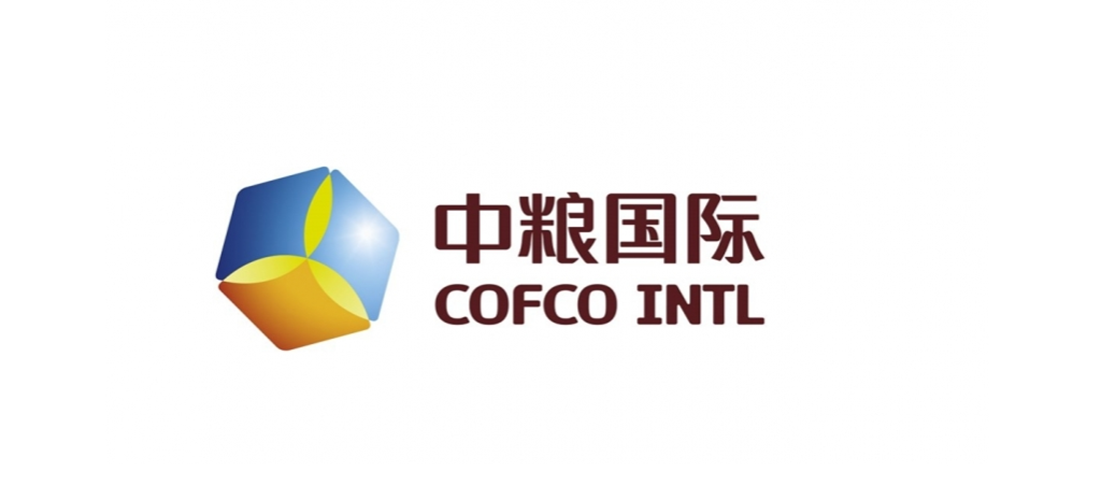
Cofco Invests BRL 1.2 Billion in Rail Transport for Agribusiness
Jan, 27, 2025 Posted by Denise VileraWeek 202505
The Chinese company Cofco International, one of the world’s largest agricultural trading firms, will invest BRL 1.2 billion to purchase 979 railcars and 23 locomotives to expand its logistics operations in Brazil. The fleet will transport grains and sugar to the Cofco Export Terminal (TEC) at STS-11 in the Port of Santos (SP) via Rumo’s railway network.
“The project aims to improve the efficiency of rail transport for grains and sugar, reducing reliance on road transport and associated carbon emissions. This partnership between the companies marks an important milestone for national logistics, with the potential to significantly reduce the number of trucks on the roads, easing traffic and minimizing environmental impact,” said Fabrício Degani, logistics director for Cofco International’s grain and oilseed division in Brazil.
Degani estimates that the new fleet of railcars and locomotives will have the capacity to transport 4 million tons of grains and meal annually from the Midwest region, where Cofco has storage facilities and a crushing plant, and sugar from São Paulo’s interior, where the company operates four sugar mills, to the Port of Santos.
If transported by road, this volume would require nearly 100,000 truck trips annually. “We are focusing on more sustainable solutions for logistics expansion,” said Degani. Cofco estimates that rail transport will reduce greenhouse gas emissions by 80% compared to truck usage.
This investment adds to the company’s spending on expanding the STS-11 agricultural terminal. In 2022, Cofco won the terminal leasing auction, committing USD 285 million to increase export capacity from 4.5 million to 14.5 million tons annually by 2026.
The railcars and locomotives will start being delivered in March, and the fleet is expected to be fully operational by the first quarter of 2026. Wabtec will manufacture the locomotives at its Contagem (MG) facility, and Greenbrier Maxion will manufacture the railcars in Hortolândia (SP).
rumo’sRumo’s Role in Operations
The new Cofco fleet will be operated by Rumo, which already has a fleet of 33,000 railcars and nearly 1,000 locomotives. “This capacity injection by Cofco is perfectly aligned with Rumo’s expansion project,” said Eudis Furtado, Rumo’s vice president of commercial operations. He highlighted the expansion of the rail network in Mato Grosso, including the installation of 700 kilometers of railway connecting the Midwest and São Paulo to the Port of Santos. “Through this contract with Cofco, we are increasing our participation at the Port of Santos. We are helping to optimize national logistics and reduce Brazil’s costs,” Furtado added.
Currently, Cofco unloads more than 110,000 trucks and over 85,000 railcars annually at the Port of Santos. The company expects to move 8 million tons of grains, sugar, and soybean meal independently at the Santos terminal by 2025. Starting in 2026, once the STS-11 expansion is complete and services to third parties commence, terminal throughput will reach 14.5 million tons of grains and soybean meal from the Midwest and sugar from São Paulo’s interior.
The company estimates that 70% to 80% of the products it originates in Brazil for export will be shipped via Santos. The remaining volume will continue to be shipped through the Northern Arc terminals via Hidrovias do Brasil. Degani mentioned that Cofco has plans for expansion in Northern Arc ports but prefers to keep these investments confidential for now.
In 2023, Cofco handled approximately 15 million tons of agricultural products in Brazil, a volume expected to grow with the operation of the Santos terminal. The company expects to generate 480 direct jobs through the terminal’s construction.
Simultaneously, Rumo is investing in increasing capacity through the Port of Santos, including the North-South Railway, the Mato Grosso Railway, the Malha Paulista works, and the Santos terminal. Furtado noted that 5,000 workers are alone engaged in the Mato Grosso railway expansion project. “We still have between BRL 3.8 billion and BRL 4.5 billion in investments [for the Mato Grosso railway] to complete the first phase, set to start operations in 2027,” he said. Rumo operates nearly 13,000 kilometers of railways in Brazil, transporting over 20 million tons of soybeans, corn, and meals annually to the Port of Santos.
Source: Globo Rural
Click here to read the original text: https://globorural.globo.com/infraestrutura-e-logistica/noticia/2025/01/cofco-investe-r-12-bilhao-em-transporte-ferroviario-para-o-agro.ghtml
-
Ports and Terminals
Feb, 06, 2020
0
Better management at Paraná Ports allows significant cost reductions for fertilizer handling
-
Dec, 01, 2021
0
SECEX ordinances increase the legal certainty of trade defense investigations
-
Economy
Jun, 08, 2021
0
World Bank forecasts global growth of 5.6% in 2021; Brazil should advance 3%
-
Fruit
Oct, 18, 2021
0
Mango exports exceed expectations, setting records in September



